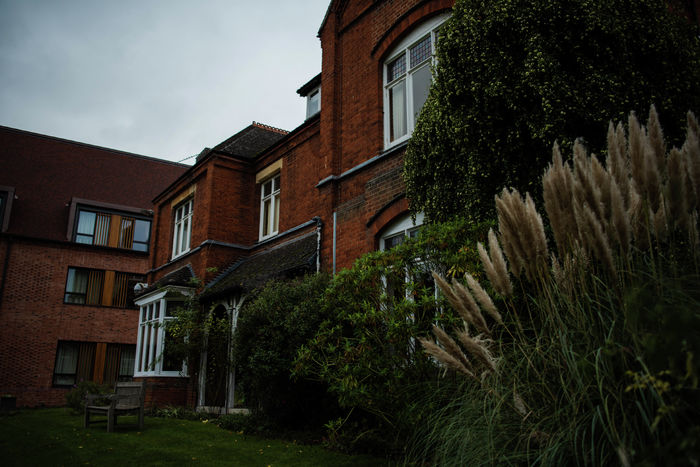King’s has increased investments in arms companies
The college holds shares in over 50 arms companies

King’s college indirectly invests £2.2 million in arms and defence and has increased its shares in the industry in recent years, despite its reputation for being Cambridge’s ‘progressive’ college, Varsity can reveal.
Freedom of information requests showed the College’s £349m of assets to include shares in over fifty arms companies, held mostly via investments in a range of index tracker funds.
As of March 2023, the college indirectly invested over £2,206,000 in companies like Lockheed Martin, Korea Aerospace, and BAE Systems.
The ethics of how Oxbridge invests its massive university and collegiate endowments have been under scrutiny in the past few years. Most collegiate portfolios are invested indirectly, with colleges’ capital put into funds provided by some of the world’s largest asset managers. Some colleges, such as Girton, have made shifts to only investing in funds which offer specific ethical exemptions, like the exclusion of controversial companies involved with weapons sales.
However, Varsity’s investigation can reveal that King’s college’s indirect holdings in the arms industry has increased by more than £700,000 over the past five years.
The college’s largest indirect holding is in RTX Corp, an American aerospace and defence multinational, in which the college currently has investments worth £343,216, having increased from just over a quarter of a million pounds in 2021.
Several companies which the college has significant holdings in have recently been subject to claims of human rights violations. King’s has over £180,000 of indirect holdings in Lockheed Martin, one of the world’s largest aerospace and defence companies, and £124,000 in BAE systems, Europe’s largest defence contractor.
Earlier this year, Lockheed Martin faced legal action from several Yemeni nationals, with allegations charging the company with “aiding and abetting war crimes and extrajudicial killings” through its supplying of the Saudi-led coalition in the war in Yemen.
BAE has also received criticism for its political influence and continuing trade with Saudi Arabia, to whom the company sold £17.6 billion of weaponry during the Yemen War.
Overall, 1.7% of the College’s investment portfolio is exposed to the armaments industry. This figure stands at 1.8% in the MSCI AC World Index, a benchmark for global equity funds, the College’s response to the Varsity FoI requests stressed.
King's College was contacted for comment.
 Comment / Cambridge students are too opinionated 21 April 2025
Comment / Cambridge students are too opinionated 21 April 2025 Comment / Does the AI revolution render coursework obsolete?23 April 2025
Comment / Does the AI revolution render coursework obsolete?23 April 2025 Comment / Cambridge’s tourism risks commodifying students18 April 2025
Comment / Cambridge’s tourism risks commodifying students18 April 2025 News / News in brief: campaigning and drinking20 April 2025
News / News in brief: campaigning and drinking20 April 2025 Interviews / Meet the Chaplain who’s working to make Cambridge a university of sanctuary for refugees20 April 2025
Interviews / Meet the Chaplain who’s working to make Cambridge a university of sanctuary for refugees20 April 2025






